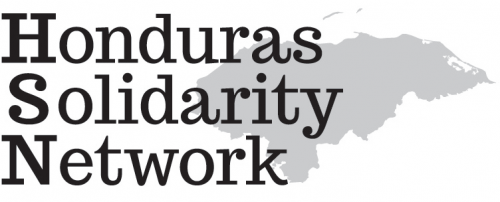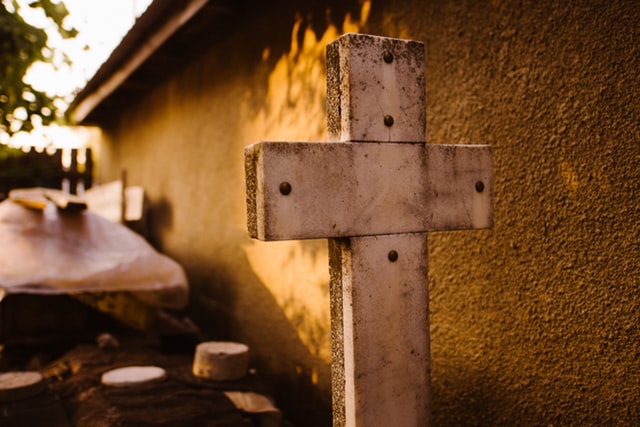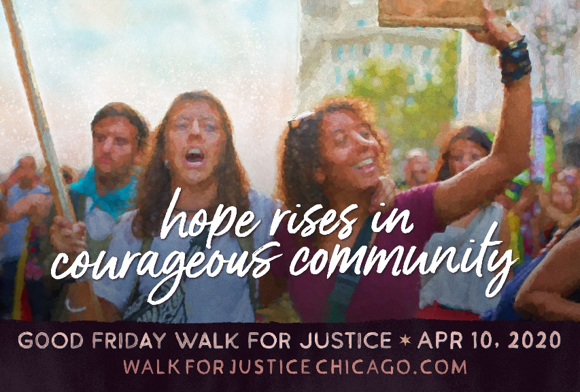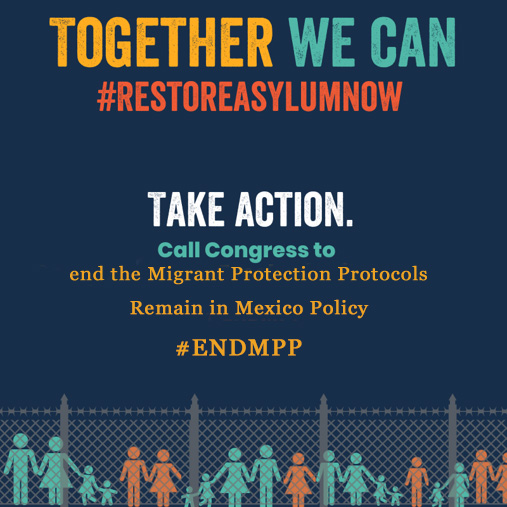Solidarity with the Honduran people in Pandemic Times: COVID-19, Another Weapon in the Hands of the Dictatorship
The U.S. and Canada-backed regime of Juan Orlando Hernandez (JOH) is using the very real dangers and fears of the
coronavirus pandemic to militarize the country, justify acts of corruption, destroyand further privatize public services, repress dissent, and criminalize poverty.
On March 15, 2020, without previous implementation of any minimal COVID-19 prevention measures, JOH implemented a nation-wide lockdown enforced by and managed by the Honduran military and police. The regime suspended numerous
constitutional guarantees, including the right to freedom of expression, freedom of movement, and freedom from arbitrary detention. The regime closed public spaces and many businesses, and, in the name of enforcing the lockdown, has carried out hundreds of arrests. Some of these arrests have been politically-motivated.
On March 17 in the southern city of Choluteca, the police surrounded the home of a well-known community activist, Aleyda Huete. The next day, Huete was released from jail after an international and national outcry against her arrest but still faces charges and death threats that are believed to grow out of her opposition to the JOH dictatorship. Journalists covering police evictions of the public markets are threatened to be put in government-run quarantine.
The Honduran government has used the crisis to justify freeing at least one individual indicted and jailed on corruption charges and also named in connection to JOH’s brother, Tony Hernandez’s drug trafficking activities. This is while the
government continues to ignore judicial motions and demands to free the eight Guapinol defenders and political prisoners that are at exceptional risk inside Honduran prisons.
Over the last few days, the desperation of the population in rural and urban areas has led to increased government attacks and repression. At the best of times, 60% of Hondurans live in poverty and half of that number live in extreme poverty. Approximately 70% of employment in Honduras is through the informal sector, and with the closure of street markets, small, road-side vendors, streets and parks, an emergency life and death situation is growing across the country.
With the extreme government-imposed measures, Hondurans are being forced to “lockdown and starve” and are unable to go to the streets in search of food, assistance, and whatever means to survive without facing arrest, harassment, and
repression. As the well-known Honduran human rights organization COFADEH explained: “A curfew can’t be obeyed when people are dying of hunger.” The already difficult economic, social, and political situation in Honduras has been
exacerbated by the pandemic, and again, Hondurans are being forced to confront the illegitimate, U.S. and Canada-backed JOH regime in the most extreme circumstances.
In early March, under the real threat posed by the global pandemic but when less than 3 COVID-19 cases were reported in the country at the time, the Honduran Congress used the crisis to approve over $420 million USD in alleged assistance to confront the crisis. In addition, the JOH government is requesting support from the international financial institutions that have turned a blind eye while feeding public corruption for several years. The Honduran Convergence Against Re-election fears that this money will never be audited and instead, used to line the pockets of the corrupt instead of addressing the public health crisis. As of March 29, there are 139 reported COVID-19 cases, 3 resulting deaths, and increasing economic and public health demands being made by the population.
Despite the availability of emergency funds, the government’s response to the crisis has been to politicize food packages, delivering small amounts of food aid only to families on the National Party’s election roster. With growing indignation and
desperation, people in several communities, municipalities, and urban neighbourhoods have taken to the streets and blocked roads, demanding that food and basic supplies be provided. These protests are met with repression, live
bullets, tear gas, and arrests. In addition, physicians, medical residents, and healthcare workers have walked off the job and continue to complain of the complete lack of basic medical protective equipment in the largest public hospitals
in the two major cities. These complaints add to the growing frustration of the intentional neglect of the public healthcare system which has been decimated by corrupt plundering and privatization efforts for several years.
The JOH government’s corruption is well-documented, whether it is theft of money designated for public health services that then found its way into JOH’s 2013 election funds or the bank accounts National Party officials and their family
members accused of theft of public funds, fraud, etc. Hondurans are outraged by the evidence presented in U.S. Federal Courts in New York during court proceedings against JOH’s brother Tony Hernandez, his cousin, and other narcotics traffickers that link JOH directly to drug cartels in Honduras, and the fact that, despite this evidence and the blatant corruption and violations of human rights, JOH is still supported politically and financially by the U.S. and Canadian
governments.
The Honduras Solidarity Network stands with the Honduran people and organizations who call for an end to the repression and corruption and demand urgent funds and resources for healthcare, food, and water for the Honduran
people. We also continue to stand with the people’s demands for an end to the U.S. and Canada-backed narco-dictatorship. Our governments must stop propping up an illegitimate and corrupt government in Honduras.
For daily updates on the situation in Honduras including possible calls to action,please visit:
Facebook: Honduras Solidarity Network
Twitter: @hondurassol
March 30, 2020




